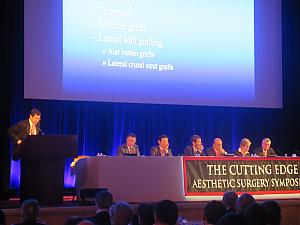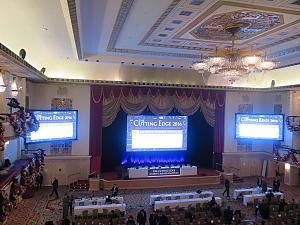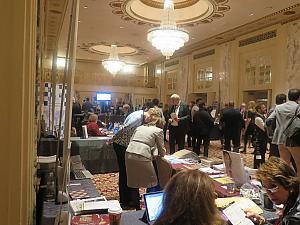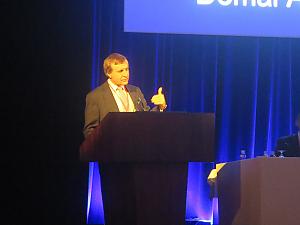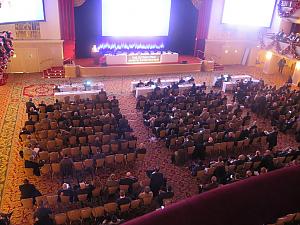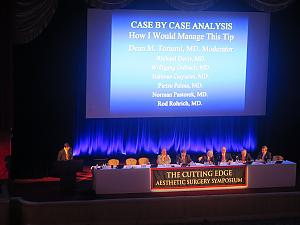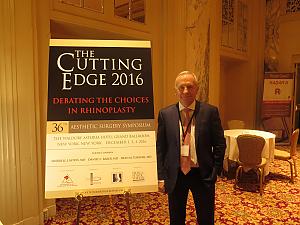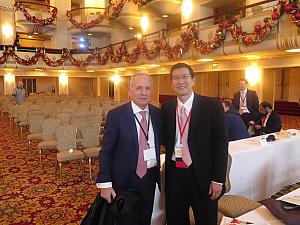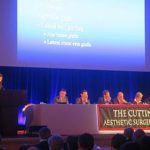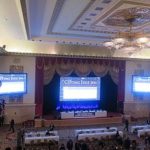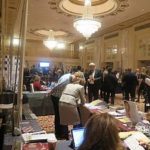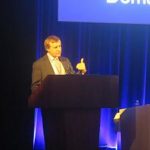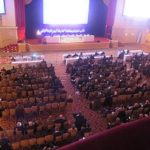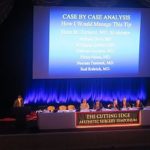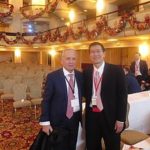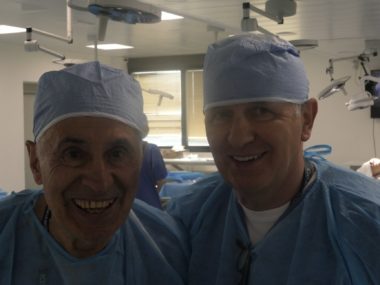First place in the category of health

The Cutting Edge aesthetic surgery symposium 2016 that took place in New York at the Waldorf Astoria hotel was an advanced comprehensive course concerned with all aspects of nose operations.
The world class team of plastic surgeons specialising in face operations, experienced in rhinoplasty, presented advanced methods of nose operations with the use of open and closed rhinoplasty techniques. The course was organised by Dr Sherrell J. Aston, Dr Daniel C. Baker and Dr Dean M. Toriumi. The topics that were discussed in detail covered the aesthetic smoothing of the nose, the formation and correction of the shape of the nasal tip, an enlargement or reduction of the protrusion of the nasal tip, reduction and extension, correction of the form of the nasal wings and the nasal septum, reduction and enlargement of the nasal bridge, nasal functions, corrections of a crooked nose, second- and third-order rhinoplasty as well as variations in rhinoplasty stemming from ethnic and anatomical differences. Fillers and fat are being ever more frequently used to alter the nose. This is knowledge that is necessary for all surgeons executing nose operations.
Forty-three five-minute films and six longer interactive films transported the viewers to the operating room, where experts presented detailed nose formation techniques. The films concerned themselves with the following aspects:
– individual techniques of smoothing out of the nose profile and ostheotomy,
– control of the protrusion and length of the nasal tip,
– deformations of a crooked and a saddle nose
– handling the base of the nasal holes
– enlargement of the ridge: how to go about it?
– precision and detail in the first open rhinoplasty,
– corrections for a crooked nose
– reconstructive aesthetic rhinoplasty
– transplantation using rib cartilage
– extrasystemic septoplasty
During the course, all lecturers defined nose operations as the plastic surgery operations that are most difficult from the technical point of view. They stressed that the final effect is unforeseeable, and that it may give rise to patient dissatisfaction. Dr Nazim Cerkes concluded that nasal operations teach plastic surgeons humility stemming from the level of difficulty of nose operations and the expectations of patients. A plastic surgeon commencing a nose operation must:
– define the roles of fillers and fats, as they are related to the aesthetics of the nose;
– estimate the anatomic basis for the recognised nose deformations;
– discuss the advantages, shortcomings, complications and long-term results of closed rhinoplasty,
– discuss the advantages, shortcomings, complications and long-term results of open rhinoplasty,
– recognise the difference in techniques used in ethnic rhinoplasty, – discuss complications and difficulties related to first-, second- and third-order rhinoplasty
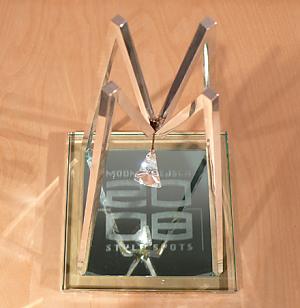
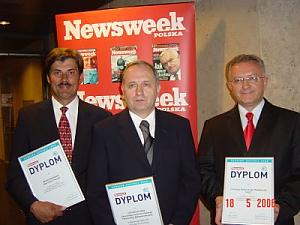
The ranking was commissioned by Newsweek Poland to the Association for Healthcare Quality Promotion in Poland. Not only numbers and types of surgeries performed, but also service quality and hospitalization standards were taken into consideration.
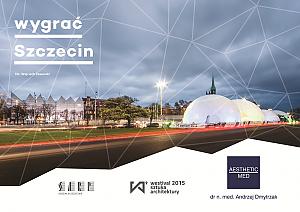
07 – 21 November 2015
President of the Association of Polish Architects of the Szczecin Branch, Marek Orłowski thanked for financial support, thanks to which the exhibition “Heritage of French Cities” was presented as part of this year’s Festival.
